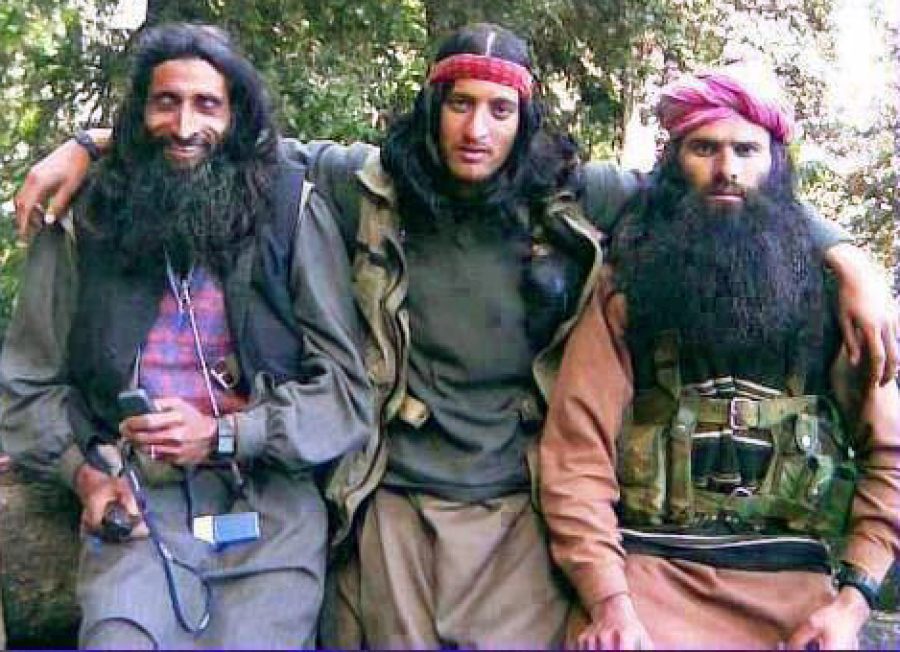Salafism is known as Ahle Hadith.
Ahl-i Hadith ( People of the traditions of the Prophet) is a movement which emerged in the Indian subcontinent in the mid-19th century. Its followers call themselves Ahl al-Hadith and are considered to be a branch of the Salafiyya school. Ahl-i Hadith is antithetical to various beliefs and mystical practices associated with folk Sufism. Ahl-i Hadith shares many doctrinal similarities with the Wahhabi movement and hence often classified as being synonymous with the "Wahhabis" by its adversaries. However, its followers reject this designation, preferring to identify themselves as "Salafis".
Salafiyya movement
The Salafiyya movement is a conservative, Islahi (reform) movement within Sunni Islam that emerged in the second half of the 19th century and advocate a return to the traditions of the "devout ancestors" (Salaf al-Salih). It has been described as the "fastest-growing Islamic movement"; with each scholar expressing diverse views across social, theological, and political spectrum. Salafis follow a doctrine that can be summed up as taking "a fundamentalist approach to Islam, emulating the Prophet Muhammad and his earliest followers—al-salaf al-salih, the 'pious forefathers'....They reject religious innovation, or bidʻah, and support the implementation of Sharia (Islamic law)."[ The Salafi movement is often divided into three categories: the largest group are the purists (or quietists), who avoid politics; the second largest group are the militant activists, who get involved in politics; the third and last group are the jihadists, who constitute a minority. Most of the violent Islamist groups come from the Salafi-Jihadist movement and their subgroups. In recent years, Jihadi-Salafist doctrines have often been associated with the armed insurgencies of Islamic extremist movements and terrorist organizations targeting innocent civilians, both Muslims and Non-Muslims, such as al-Qaeda, ISIL/ISIS/IS/Daesh, Boko Haram, etc. The second largest group are the Salafi activists who have a long tradition of political activism, such as those that operate in organizations like the Muslim Brotherhood, the Arab world's major Islamist movement. In the aftermath of widescale repressions after the Arab spring, accompanied by their political failures, the activist-Salafi movements have undergone a decline. The most numerous are the quietists, who believe in disengagement from politics and accept allegiance to Muslim governments, no matter how tyrannical, to avoid fitna (chaos).


















